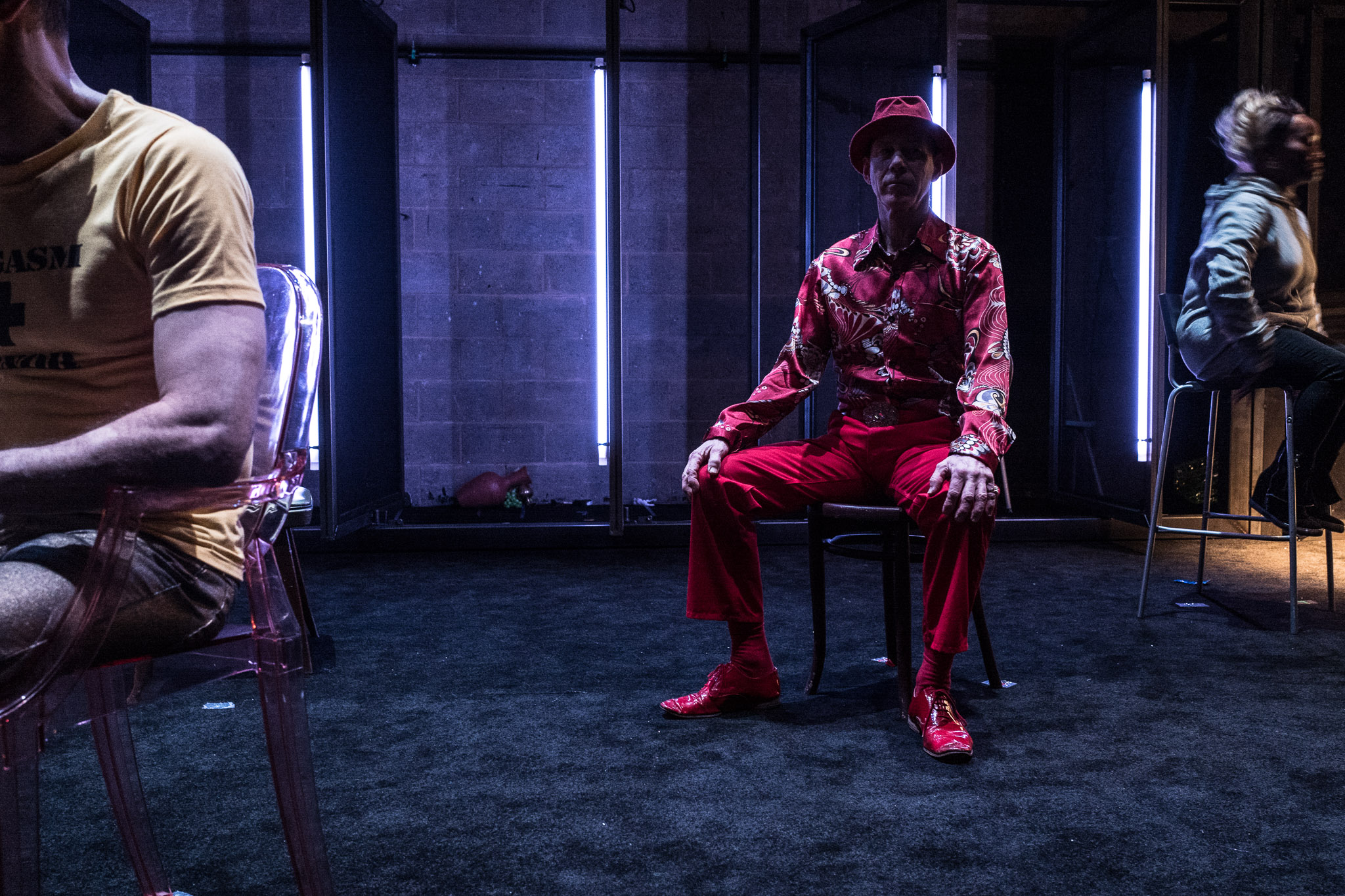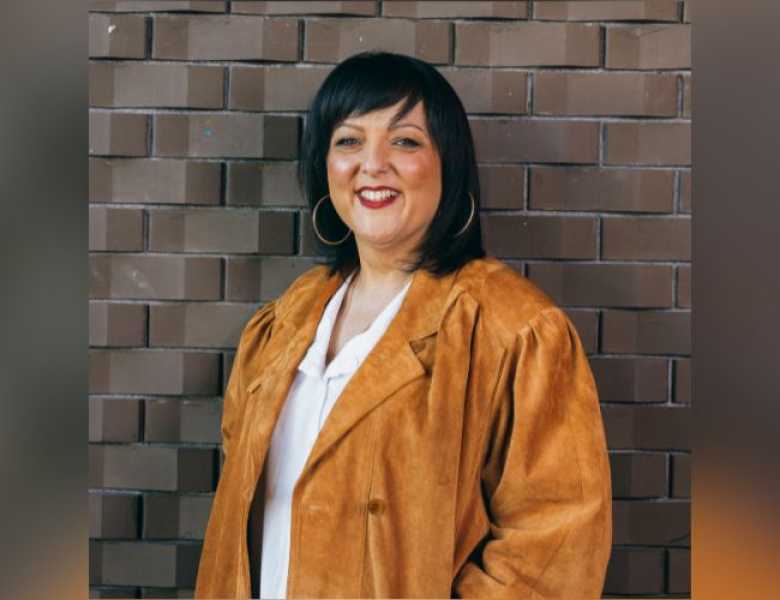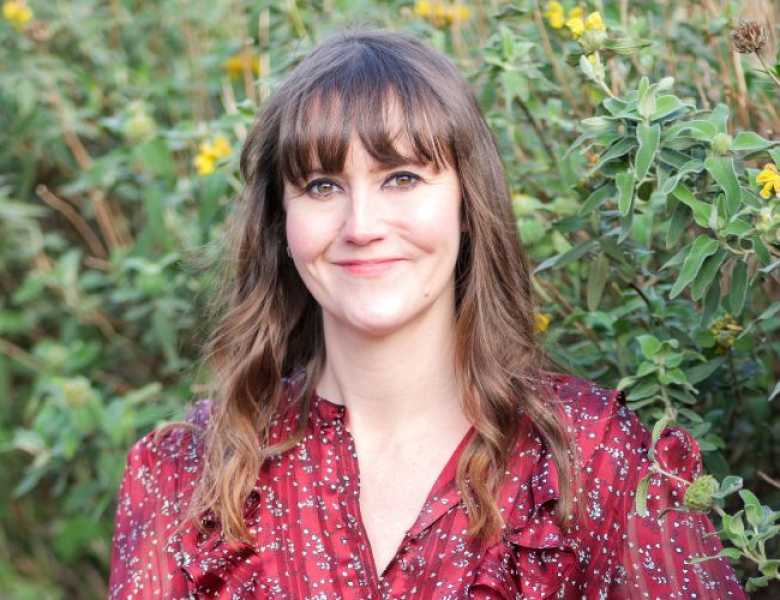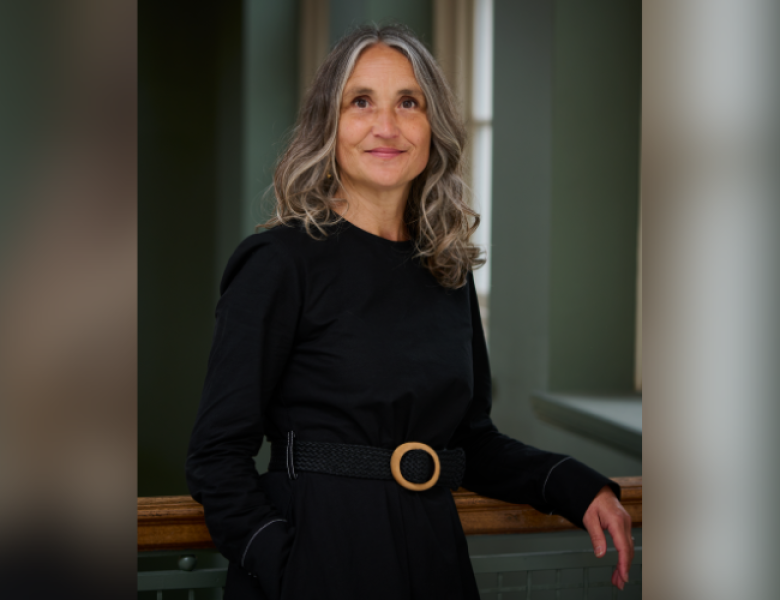Box Office
- CALL: 020 7922 2922
- EMAIL: boxoffice@youngvic.org
Visit us
Young Vic, 66 The Cut, Waterloo
London , SE1 8LZ
Newsletter Sign up
Sign Up TodayA version of See Me Now was originally performed as part of The Brolly Project in August 2015, a Young Vic Taking Part project. The team worked closely with outreach projects across London to find a company of participants who have, or do work in the sex industry. The aim was to make an original performance created by the company, formed by whatever they chose to share. The project has been developed over the last 2 years, and is now playing as See Me Now in the YV Maria.
Imogen Brodie , Director of Taking Part, and Kirsten Adam, Two Boroughs & Directors Program Project Manager, talk about the process behind the project below.
 Peter and company in See Me Now - Photography by Matt Humphrey
Peter and company in See Me Now - Photography by Matt HumphreyHow did the concept for See Me Now come about?
Imogen Brodie (IB): The first thing was that we had been thinking about how to do a project alongside Measure for Measure which was in the Main House a couple of years ago. We did a project with Look Left Look Right at the Maudsley (Hospital), and it came about from conversations we’d had about wanting to make a show with sex workers. And the fact that the representation of sex workers in Measure for Measure, well it’s Shakespearean, so it’s really old and abusive, and quite comical.
Kirsten Adam (KA): And sex workers don’t have a voice in it at all. They’re an integral part of the story but they don’t have a voice, so it was an interesting way to flip that and give them a voice.
See Me Now and Now We Are Here have both been TP community/parallel shows that have been opened up to the public, Why do you think it’s important to share these stories?
IB: I think with both of those plays they’re very marginalised groups of people, that everybody feels they have knowledge of. Particularly with sex workers, and more recently with refugees, people think they know what the story is, but really the stories are much more broad, and rich, and individual.
KA: Sex workers are depicted a lot in fiction, in films and TV and things, but very seldom are those stories developed from real experience, or they’re developed from one experience. One thing we were really keen with for See Me Now in the first place was to go there is not one story, there is not one ‘this is what the life of a sex worker is’, but to look at the range of experiences and opinions.
IB: And also remembering people who are part of a group are just people. They happen to be a refugee or a sex worker but they’re just people with all of the same concerns as people who don’t fall into those categories. We wanted to show that as well, that is was about the humanity of people who happen to work in the sex industry. That we have all of the same life issues like paying bills and sorting out their tax.
KA: A lot of See Me Now is about work that’s actually not specific to sex work. It’s about what it’s like to earn a wage, and a lot of it’s about life. As we went through the process a lot of the stuff that was interesting and that we found most revealing, wasn’t about sex work, it was about people as human beings.
IB: I think we also found out that the group felt there were kind of two stories, it was either Happy Hooker or Trafficked Victim. And that the majority of them didn’t fall into either of those categories and wanted to say that there’s more to it than that. That actually it’s a profession that will be around forever and ever but that you can’t say you’re a sex worker as a valid life choice. That you still have to keep it hidden and a secret, we wanted to expose that. Also the group are very keen to decriminalise, that’s the only unifying thought amongst them. Like any group they have lots of different opinions, but that one thing about safety and decriminalisation is really important to communicate as well.
How did you go about finding the participants for this kind of project?
KA: We worked with a lot of partner organisations such as SWISH and the Terrance Higgins Trust, Ugly Mugs, Praed Street Project, and we worked with a woman called Emily Elgar who had been an outreach worker at SWISH. So we did lots of work going to sexual health clinics, or support services. Meeting people in those places, so that we were coming to them rather than expecting them to come to us straight away. There was quite a lot of interviewing people in those places, especially the more vulnerable or street based sex workers, who are not living lives where they can come in and do a workshop every Saturday. Imogen went to an outreach service.
IB: It’s this really brilliant service called Open Doors and they particularly look after street sex workers. From 10 o’clock in the evening till 3 o’clock in the morning they drive the streets of Hackney, and they know everyone, so they stop at everyone who’s working and give out condoms, Kit Kats and tea - just things that will keep everyone going. That service has now been cut, the funding has been cut for it, and so has another amazing service called Praed Street Project, their funding has been cut and also some of SWISH. It’s one of the hidden things that have happened over the last couple of years, since the Tories have got their claws in, those services are disappearing really fast.
KA: There’s a lot of amalgamating those services with services for those who were trafficked or with alcohol and drug dependencies. And there is a lot of cross over but being a sex worker doesn’t mean you are a drug addict or trafficked. You can be a sex worker and still need the support that those services offered. But it’s just a way to balance the budget really rather than to do what’s best by the people.
IB: Emily was brilliant because she’d done that job herself of supporting people. She already had a level of trust in those services. So it meant that our way into that was based on good faith.
KA: We had quite a gentle beginning. The first thing we did was have a tea party for the people that might be interested, that was back in April 2015, that was a chance for them to meet us, Mimi and Molly and find out what it might be like. Because for anyone, this is not specific to sex workers, anyone who hasn’t worked in theatre before ‘come and do a workshop’ doesn’t mean anything. What’s a workshop? So we did that and had nice baked goods and then we started the series of workshops.
IB: I don’t think we talked about sex work for about 3 months. Everyone knew that’s why we were together but the stuff we did was much more about getting to know each other, working out what people were interested in in terms of writing, performing or what things they wanted to share with the group. The first version of this show, when it was Brolly Project, had much less about sex work in it than See Me Now does because I think that was the last thing that came out. So all of those relationships were made before the sex work questions happened.
KA: I think a lot of the sex work stuff when it did come up was a lot of us just talking. We did an exercise about ‘What were health and safety instructions for your workplace?’. So that was about the sex industry being their workplace, but it wasn’t about going ‘So tell me about…’. We met someone early on who said the first thing people always asked her was how much she charged. And she said ‘Would you ever ask someone how much they earn the first time you meet them?’. It’s just so rude. So I think we wanted to get know people and actually see what the show could be coming out of that. It could have been that the first version had nothing about sex work in it. If that’s what they’d wanted to say, that’s what we would have played.
You’d talked about trust and relationships, how did you build those?
IB: It’s about being interested in other people. Making sure that when they come here, the experience they have is comfortable and friendly. That you’ve got all the things that make you feel welcome: food and drink, and an atmosphere that feels like we’re all in one thing together. The breaking down of the hierarchy in that room was really important. Because one group of people in there have a certain experience and another group of people in there have a completely different one. Sharing experiences that we do have in common was really important; being children, being parents, being partners, being all of the things that are unifying. It was a very open space. We did a lot of work particularly with this group about anonymity and about us not sharing it outside the room. I think that made a big difference. I think we just got on very well, it was about it being fun and not asking people to relive trauma. Sometimes that happens, because that’s what people want to talk about but that wasn’t our driving force.
KA: We did a lot of other stuff around the workshops. Going to see shows here, going to see shows other places, and just keeping people involved in what we were doing. Especially after the Brolly Project had been on, that was on in August 2015 so there’s quite a big gap between then and now. So we’ve all worked really hard to keep in touch. That might be just having a cup of tea with people or chatting on the phone or walking the dog in Battersea Park.
IB: It’s about being aware if you want people to carry on working with you that you have a responsibility to them. We don’t feel like we’re giving anything to them, we’re in a dialogue and it’s a two way relationship. We’ve done loads of fun things together and I think that really builds a foundation. We went to Latitude together, to do a really early version of Brolly and we went to HighTide last year. It’s about the consistent friendship, which obviously has some boundaries but is very generous on both sides. I think because they’re naturally such a generous group of people it was really easy for us to do that. But certainly needed to be consistent; doing little gatherings, making sure that when they came to the theatre they were always invited together so that it was easy to keep in touch with each other.
KA: And we’ll continue you do that after the show as well. You have such a downer after a show finishes anyway, and I imagine a lot of them will just go back to whatever they were doing before, so you want to feel like it has a legacy rather than just going ‘Thanks guys, see you later’.
IB: Also we started the development for See Me Now really early on. We’ve been working workshops and development sessions since July last year, and since then we’ve met most Saturdays.
And is that a different process to other TP projects?
KA: Not really. Just over a longer period of time, because we’ve had the two incarnations.
IB: But the form and the structure’s the same. I think we really hit a rich vein of storytelling with this group of people. Because of the work they have done, they’re very open minded and good at socialising. They have to be good at making other people feel comfortable, that’s part of the job that they either have done or still do.
KA: And they’ve all been very naturally good performers, which is not that surprising really. When you think about working to make someone else feel comfortable, that’s kind of what they’re doing with an audience.
IB: So it has almost been an easier process.
Is there anything else you want to say about the project?
KA: It’s been really jokes.
IB: Really hilarious, full scale hilarious, the whole way through. So resilient and so fun. Super smart. Anyone who’s had to navigate the sort of experiences they have has to be proper savvy. They’re all really interesting on a really deep level as people, so it’s just been fascinating and I feel really privileged to have worked on it. It’s been such an incredible experience and we’ve learnt so much about sex and sexuality.
KA: And the span of people’s sexuality. It does make you reassess your own prejudices - about the clients I would say more than the workers. Even a lot of people who are very open minded about sex workers, still go ‘Oooh clients = bad’. But actually, they’re so generous about their clients and honest - there are awful people but also people that they are building a relationship with.
IB: It’s shifted all that understanding and that’s what I hope it does for people who watch it. Shifts the understanding of sex, sexuality, relationships and people.
See Me Now runs 11 Feb – 4 Mar in the Young Vic’s Maria. Tickets for this production are all sold out but you are welcome to join our returns queues from an hour before each performance. Find more information on See Me Now here.


